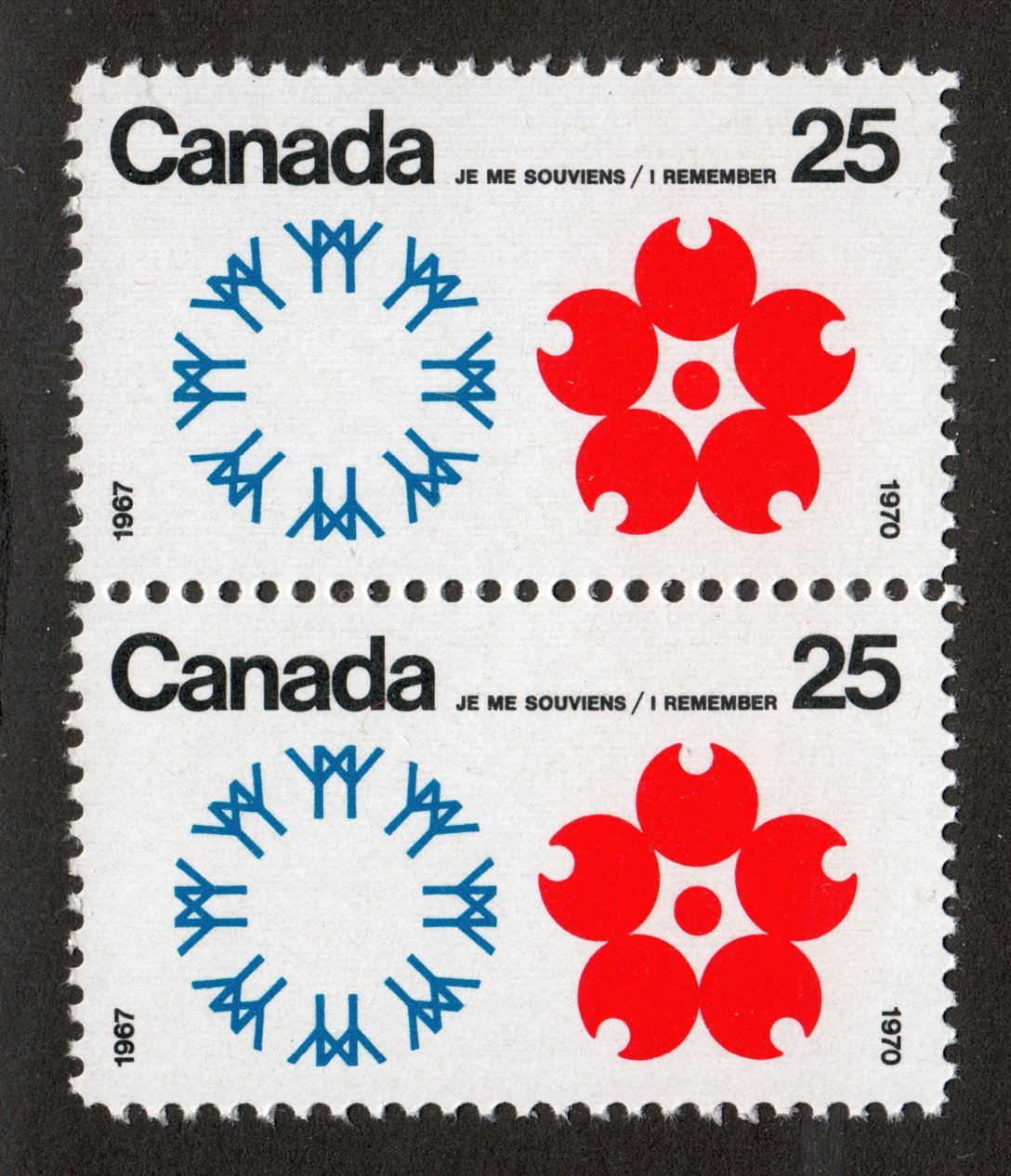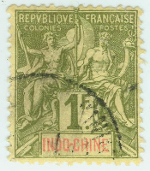by Michael Generali
13th of February 2021
Michael Generali is an Estate Adviser with the American Philatelic Society
Note: The information contained in this document is not intended to provide or be a substitute for legal advice. Legal questions regarding inheritances should be directed towards an attorney who is certified or specializes in estate planning, wills or probate. This is intended as a general, orienting guide for the SOR membership to help them in their planning approach. Members may wish to print out this document and keep it with their collection and/or will.
The inevitable has occurred. A loved one or friend has passed on and left a stamp collection. Hopefully the collection was organized and the collector kept proper records that provide a good overview of its contents. The question now is what to do with the collection.
First, unless absolutely necessary, it may be prudent to simply leave the collection alone for a period of time. There usually is no rush to decide on the disposition of the collection. Given time, emotions will settle and clearer minds will be able to make better decisions. During this time it is important to safeguard and secure the collection from possible loss, damage or theft. It is also a good time to do some research on the hobby.
When the time is right, seek out help. If one does not have a good knowledge about stamp collecting proper help will be invaluable. Help and advice can be found through :
- any friends who collect stamps
- any family members who collect stamps
- discussion boards on stamp collecting web sites
- stamp dealers and auctioneers
- philatelic organizations, such as the American Philatelic Society http://www.stamps.org
If the collection is to be viewed for a high level or thorough appraisal, have the collection viewed by more than one person, but never more than one at a time. Get two or more opinions and consider what is said about the collection. Take notes and ask plenty of questions so that the proper decision can be made, such as:
- Doing nothing for now
- Selling all or part of the collection
- Keeping all or part of the collection
- Donating all or part of the collection
Doing Nothing For Now
Unless absolutely necessary, there is no reason to make a rushed decision on what to do with the collection. An appraiser trying to rush someone into making a decision should be avoided. If the time is not right, then wait. The stamps will still be there when ready.
Selling All or Part of the Collection
Depending on the collection, selling it may provide a large sum or small change. It must be remembered that most stamps, regardless of age, are common and have little market value. Stamp catalog values do not reflect actual selling prices, and are usually much higher than true market value. The sale of an average collection with the stamps in fine condition will usually bring from 10% to 25% of catalog value.
If the collection is comprised of high-valued stamps, often the best selling price can be obtained by putting the stamps in an auction. The proper auction house must be found however, in order to achieve the best results. For example, putting a collection of German stamps in an auction where the auctioneer’s specialty is United States stamps is not a good match.
Self-selling the stamps, such as on the internet, will usually bring in good prices, but common stamps will be very slow to sell. The process takes considerable time and effort, and the seller needs to have a good knowledge of the material being sold in order to gain the confidence of would-be buyers. Too many who have little to no knowledge of stamps try to sell stamps and misidentify the stamps, under price them, over price them, etc. It is not a good business situation when the buyers know more about the product being sold than the seller.
One thing regarding selling a collection is to not sell only the most valuable items. Some dealers will try to pick the best and leave the worst. Keep the entire collection or the section being sold intact. If the best is picked out of the collection, the remainder will be common stamps and be very difficult to sell.
Keeping All or Part of the Collection
Nothing would honor the legacy of the collector more than someone continuing all or part of the collection. If anyone has an interest in the collection, give it to them or divide it among a group of interested people. If there is an unwanted part of the collection, it can always be sold or donated.
Donating All or Part of the Collection
There are very few organizations that accept stamp donations and actually put the stamps to good use. Stamp donations made to the following types of organizations provide the best benefit:
- Local stamp clubs give stamps to children and sell stamps to raise funds for activities
- State and national philatelic societies give stamps to children, sell stamps to raise funds for activities and keep certain stamps for reference collections
- Charitable programs such as “Stamps for the Wounded” use stamps to help veterans recovering from the effects of battle
Special Estate Advisory Service
If the collector was a member of a philatelic organization, such as the American Philatelic Society (APS), estate advisory services relating to the disposition of the collection may be available for little or no charge. The following link is to the estate planning and advisory information at the APS web site. One does not need to be a member to access this information, but the collector must have been an APS member in order for the heirs to receive the assistance from the APS Estate Advisory Service.
http://www.stamps.org/Services/ser_estateadvice.htm
Whatever choice or choices are made regarding the disposition of the stamp collection, please consider everything carefully. A good decision will be the one that provides the best benefit to those the collector left behind, and to the hobby as well.
Now that the reader has a basic overview on this subject, a good next step would be to read Bob Ingraham's more in-depth Stamporama article at:
http://www.stamporama.com/articles/display_article.php?id=RASd3nKLqcQNo


